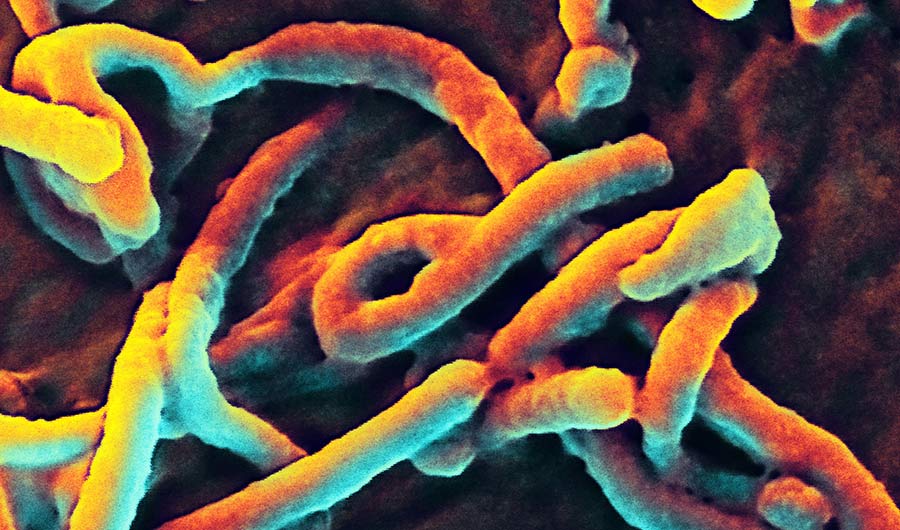BRIEF: The Virome Project Aims to Prepare Before the Next Pandemic
(Inside Science) – Like predator-prey relationships, viral pandemics go through peaks and troughs. Therein lies the tragedy of humankind’s response.
“There’s a boom and bust mentality,” said Peter Daszak, president of EcoHealth Alliance, a health research organization. “Pandemics are just infrequent enough for us to relax and forget about them.”
In an article published in Science magazine today, Daszak and a group of like-minded scientists described a new initiative, called the Virome project, that would identify and catalogue hundreds of thousands of yet-to-be-discovered viruses found in wild animals.
The team estimates that there are about 1.6 million undiscovered virus types and that somewhere between 631,000-827,000 could potentially spill over into humans. The viruses are found mostly in wild mammals. Human activities such as the bush meat trade and human encroachment into wilderness increase the chances of viruses crossing over from other animals.
Daszak and his colleagues say it will cost $1.2 billion to identify the roughly 71 percent of the viruses they believe are the most likely to hop from animals to humans. The remainder are so rare that they are probably less of a threat to humans, and would also be extremely costly to test, the scientists say.
Fieldwork will begin before this fall in China and Thailand. Researchers will take blood samples along with oral and genital swabs from rodents, primates and bats. They will extract viruses and sequence their genetic material. Finally, they will release the animals back into the wild.
The findings will be freely available and Daszak hopes the information will be used to both prevent viral spillover and advance vaccine development. But most importantly, he said, it provides a chance to be more proactive.
“We will discover some of these viruses either by studying them with science or the hard way when they emerge as an outbreak. I’d prefer the former,” said Daszak.


